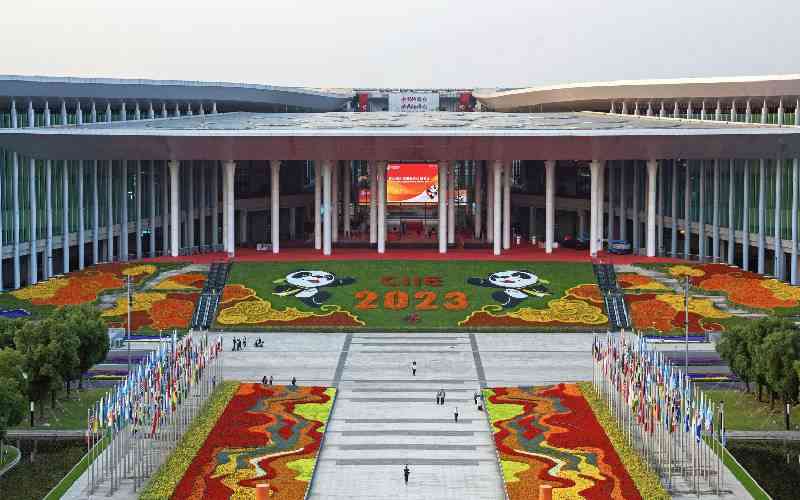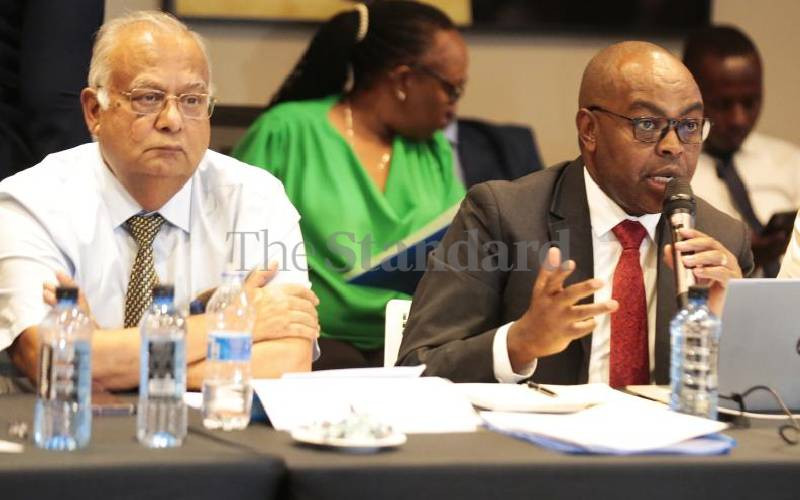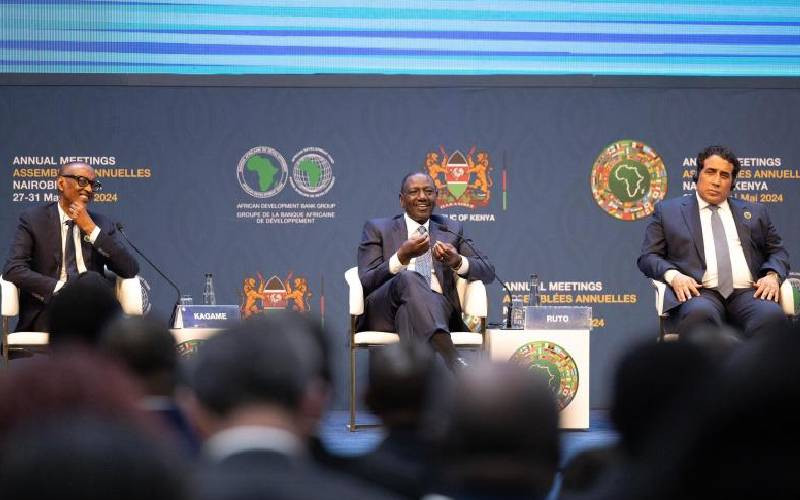
Africa stands at the cusp of a technological revolution, spearheading innovation in the regulatory and governance landscapes. Through the dynamism of RegTech (regulatory technology) and GovTech (government technology), countries across the continent are not only embracing the future but actively shaping it.
With technologies such as big data analytics and fraud management solutions, as well as the partnership between the public and private sectors, governmental bodies are empowered to efficiently navigate extensive datasets, identify potential risks, and detect instances of non-compliance.
Africa's emerging tech landscape aims to revolutionize financial compliance and boost governmental efficiency, marking a new benchmark on the international platform.
However, technological advancement alone is not enough. Collaboration and partnerships are key to fostering a robust RegTech ecosystem. Regulators, financial institutions, technology providers, and startups must come together to create a cohesive framework that aligns with governance and compliance standards.
This is where the role of adequate partners for governance becomes crucial. The synergy between the private sector and regulatory bodies can ensure that technological innovation is harnessed responsibly and effectively.
Zooming in on the African landscape, Kenya serves as an interesting case study with its unique challenges and opportunities. The country, known for its vibrant tech ecosystem, has shown great promise in embracing digital transformation.
Kenya has been a leader in digital transformation on the continent according to The International Monetary Fund (IMF), highlighting that Kenya's digital economy's contribution to the Gross Domestic Product (GDP) leads the continent at 7.5 per cent. As one of the fastest growing sectors, the digital economy is expected to add KES 1.4 trillion or 9.24 per cent of the GDP to Kenya's economy by 2025.
Most Sub-Saharan African nations are known to only collect up to 14 per cent of their GDP in taxes. Data available from the past three decades shows that the average tax collection rate in the region has oscillated between 12 and 15 percent of GDP in most countries. Comparatively, the same data indicates that Europe and Central Asia have the highest average, at 32 per cent.
Technology can play a pivotal role in improving compliance and tax to GDP ratios in the region. It aids tax officials in estimating the breadth of the taxable amount, leveraging diverse sources to spot evasions, and streamlining procedures to minimize the costs associated with tax compliance. With the emergence of new revenue streams like mobile money supporting the growth of Sub-Saharan African economies, the implementation of technology-based compliance systems would significantly assist African governments.
In Tanzania, lack of reliable data and metrics on Mobile Money services impeded the banking and financial authorities' capability to oversee this fast-growing market and make informed decisions. Global Voice Group through its non-intrusive Mobile Money data collection systems installed at each Mobile Money provider in Tanzania helped to account for 100 per cent of Mobile Money transactions making them traceable in the central systems of Tanzania Communications Regulatory Authority and Bank of Tanzania. This resulted in $5 Billion USD monthly average Mobile Money value verified and analyzed by the system, with detailed metrics to better inform policies and decisions.
In Rwanda, a standout case demonstrates how the Rwanda Utilities Regulatory Authority (RURA) employed RegTech to tackle fraud and enhance income from international calls. With the deployment of RegTech tools, RURA experienced a noteworthy 122 per cent surge in revenue from international calls in just one year. In a span of a decade, the use of synergistic RegTech solutions amplified the regulator's ICT revenue by a remarkable 250%.
Another stellar example that vividly illustrates the transformative effect of RegTech in African nations can be found in Ghana. By embracing RegTech, Ghana experienced a 36 per cent revenue uplift from 2021 to 2022. Moreover, the telecom sector's tax contributions climbed 18 per cent in 2021 relative to 2020, bolstering compliance and fiscal oversight.
The continued rise of GovTech will continue to shape the future of Africa's economies. The rise of GovTech startups reflects a growing interest in leveraging technology to innovate government services. Global GovTech investment reached $6.87 billion in 2019, a significant increase from $4.74 billion in 2018.
According to a report by Briter Bridges, African GovTech startups raised over $100 million in funding between 2019 and 2021. South Africa led the way with approximately 34 per cent of this investment, followed by Nigeria with 24 per cent.
These investments have been channeled into various initiatives such as digital identity systems, e-Government platforms, and smart city solutions. The influx of funding is not only an indication of confidence in GovTech's potential but also a driving force behind the rapid development and implementation of technology-driven governance solutions on the continent.
In the evolving landscapes of RegTech and GovTech, Africa is stepping into a prominent role, exemplified by advancements in countries like Kenya, Ghana and Rwanda. With strategic investments, technological innovations, and a clear drive for collaboration and governance, the continent is positioning itself at the forefront of financial innovation and regulatory compliance.
The future of tech-driven governance in Africa is not a distant dream but a tangible reality, and the pathway forward hinges on continual innovation, cooperation, and a commitment to harnessing technology's transformative potential.
The writer, Clara De Las Heras, is the Marketing Director at Global Voice Group (GVG)
 The Standard Group Plc is a multi-media organization with investments in media
platforms spanning newspaper print operations, television, radio broadcasting,
digital and online services. The Standard Group is recognized as a leading
multi-media house in Kenya with a key influence in matters of national and
international interest.
The Standard Group Plc is a multi-media organization with investments in media
platforms spanning newspaper print operations, television, radio broadcasting,
digital and online services. The Standard Group is recognized as a leading
multi-media house in Kenya with a key influence in matters of national and
international interest.
 The Standard Group Plc is a multi-media organization with investments in media
platforms spanning newspaper print operations, television, radio broadcasting,
digital and online services. The Standard Group is recognized as a leading
multi-media house in Kenya with a key influence in matters of national and
international interest.
The Standard Group Plc is a multi-media organization with investments in media
platforms spanning newspaper print operations, television, radio broadcasting,
digital and online services. The Standard Group is recognized as a leading
multi-media house in Kenya with a key influence in matters of national and
international interest.










